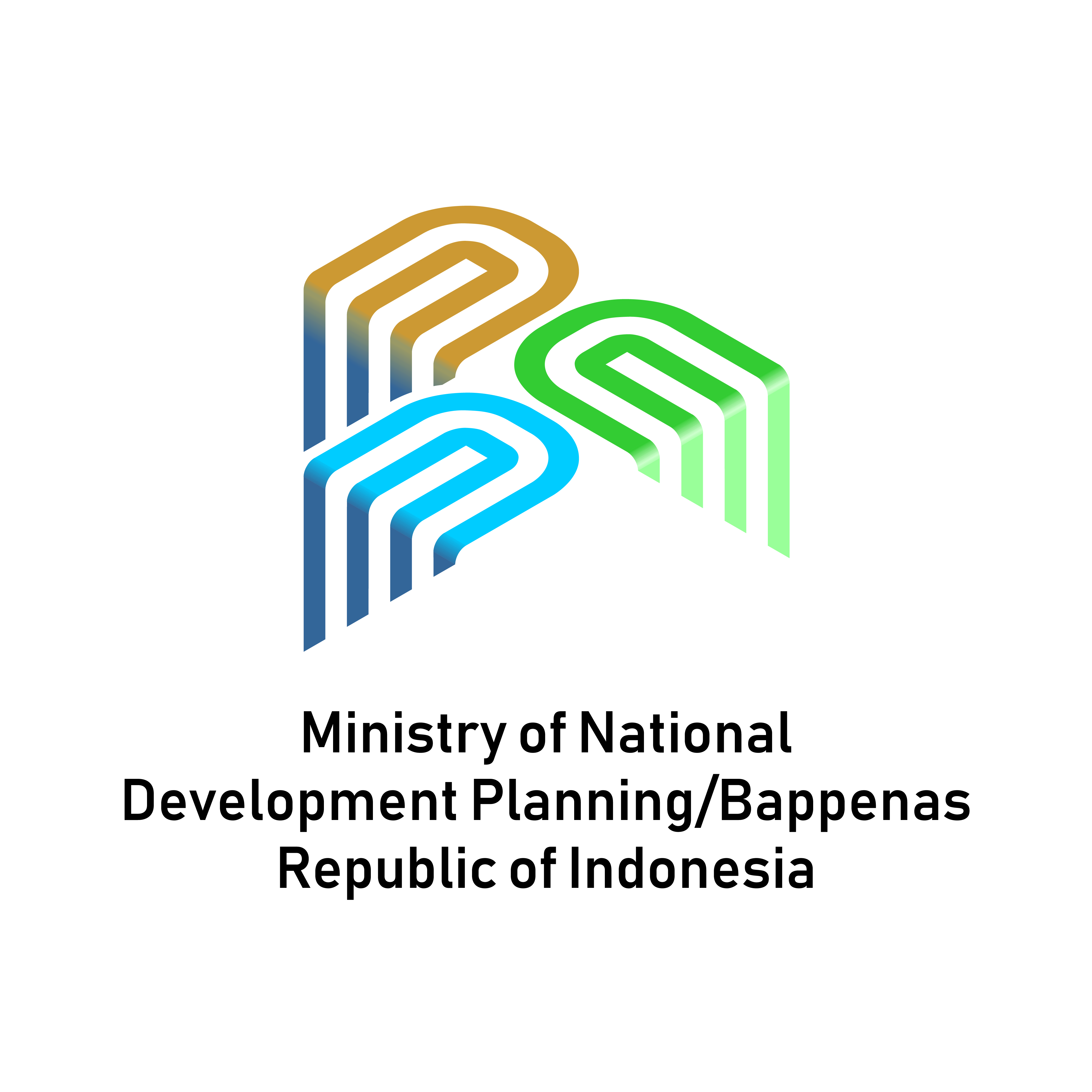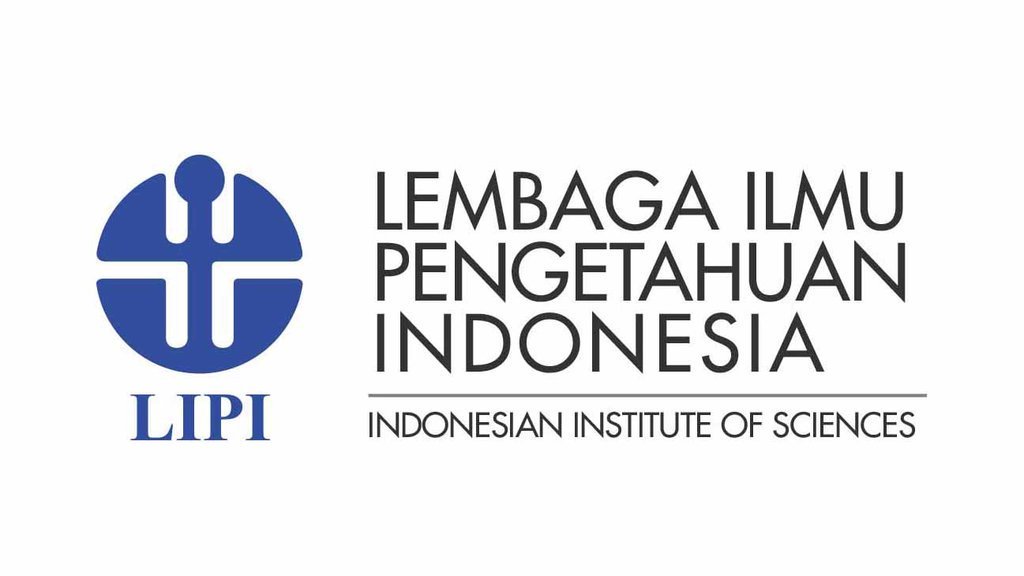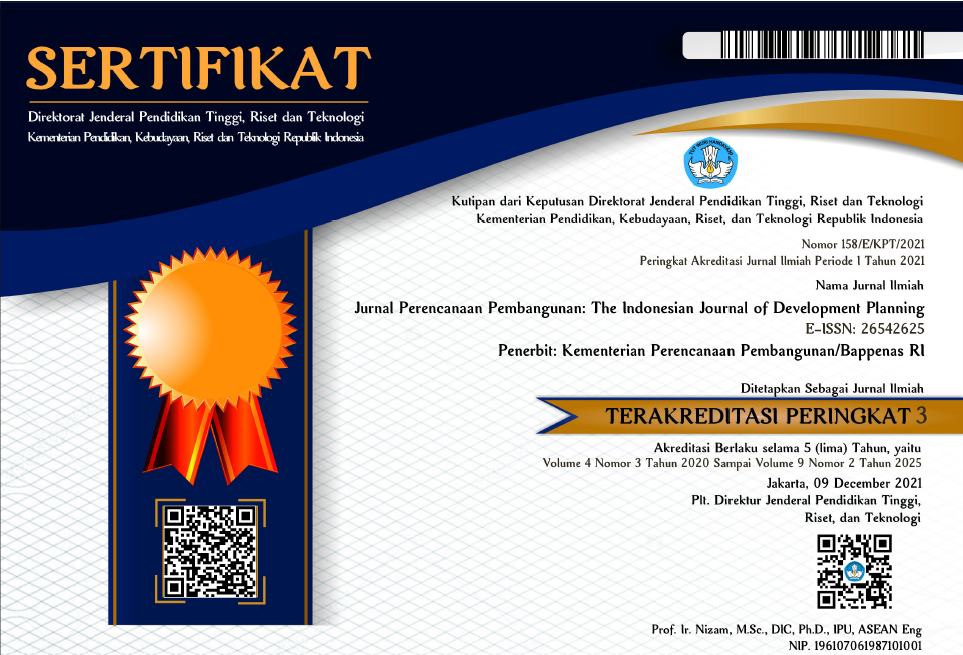Are Early Childhood Education and Family Background Really Important for Children’s Future? Evidence from Indonesia
DOI:
https://doi.org/10.36574/jpp.v4i1.99Keywords:
income, early childhood education, socio-backgroundAbstract
The quality of education in Indonesia has not improved even though poverty rate has fallen. As education accelerates economic growth and productivity, improvement in education, especially in early childhood education is a must. Not only determines macroeconomics indicators, but education also determines microeconomics indicators such as people’s income. As education needs tuition fee, family socio-backgrounds such as parents’ employment and residential also affect people’s income. This study aims to examine the impact of education, and family social background on people’s income using IFLS 5 data with ordinary least squared regression. The result show that education and family socio-background have great impact on children’s future income. The return from the interaction between early education and tertiary education is significantly higher than the returns from primary and secondary level. Individual who live in urban area, come from mixed-ethnicity family, and has parent who worked as employee tends to have higher income. Based on that result, parents should encourage and support their children to take complete education, from early childhood education to higher education and pay attention to their social-economics condition. People should enroll their kids in early childhood education and escalate their education level. Government should also intensify some programs such as PIP, Bidikmisi, employment policy, and transmigration to optimize the impact of education and social factor on their citizens’ income.
Downloads
Downloads
Published
How to Cite
Issue
Section
License
This is an open-access article distributed under the terms of the Creative Commons Attribution-NonCommercial-ShareAlike 4.0 International License. Copyright © Kementerian PPN/Bappenas RI


















